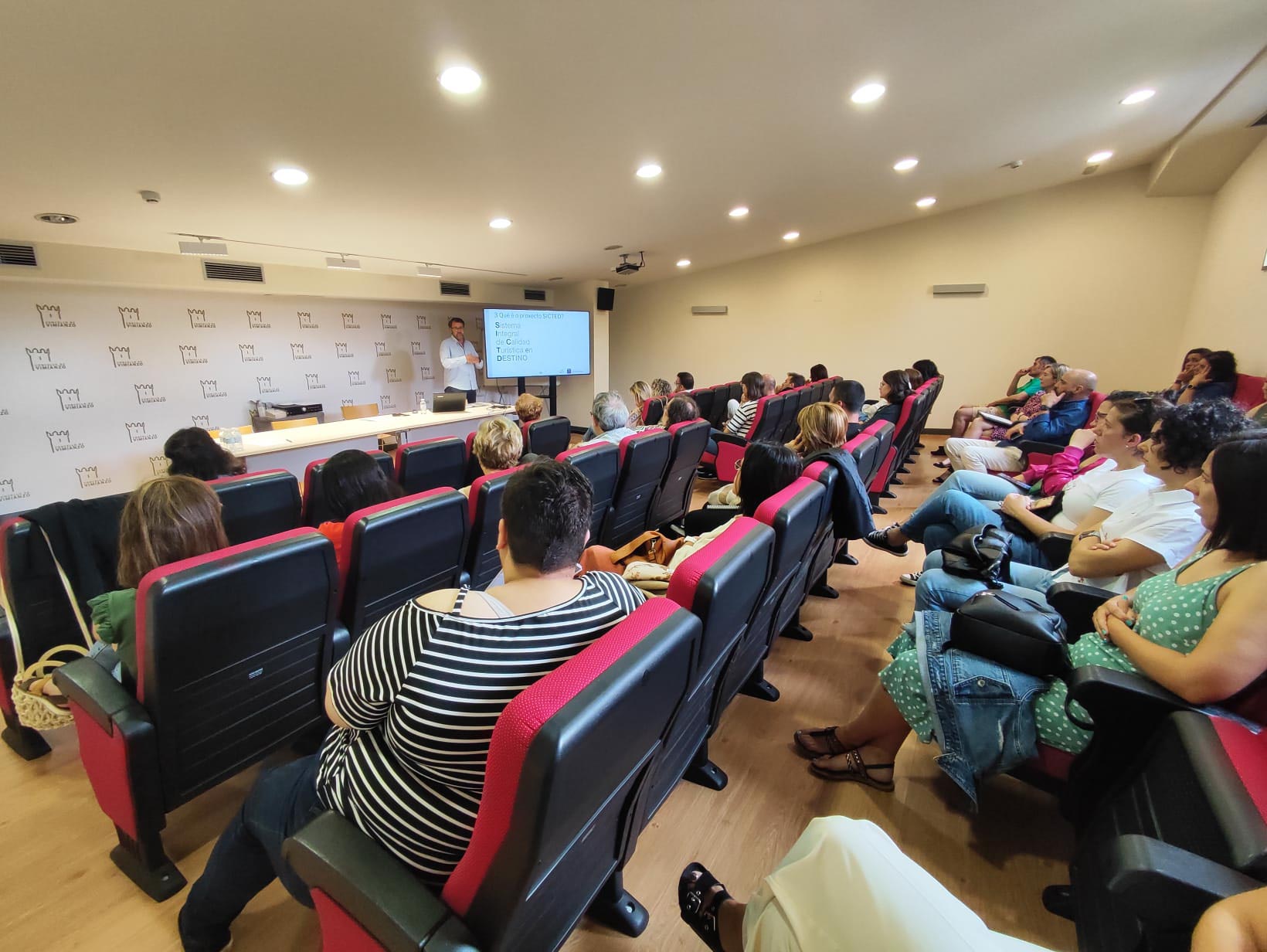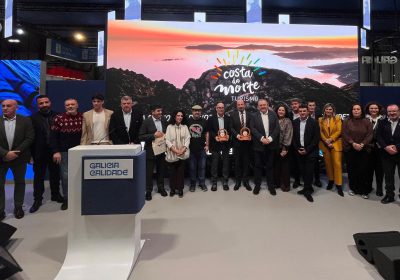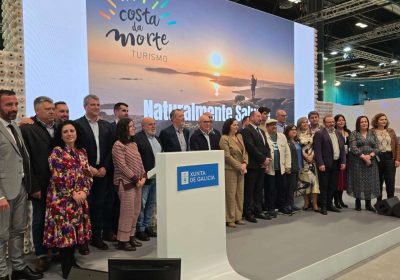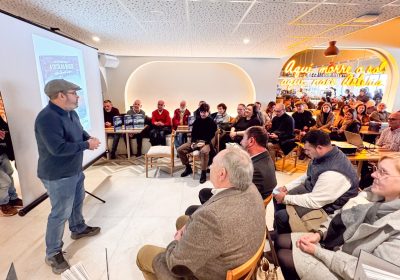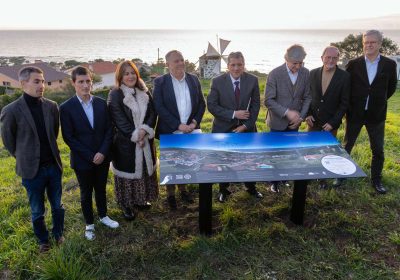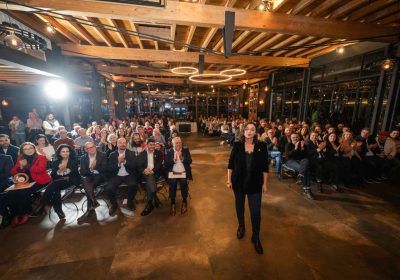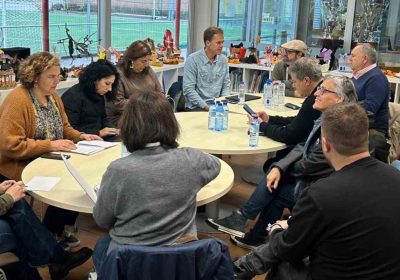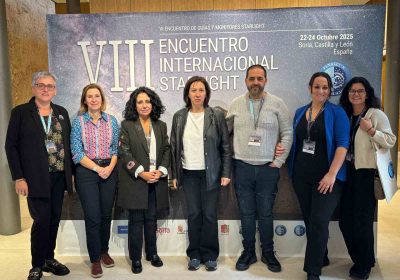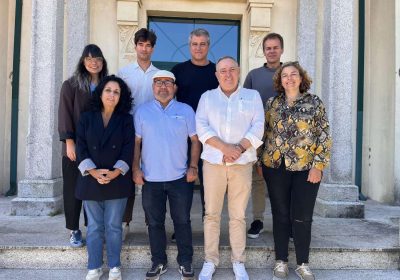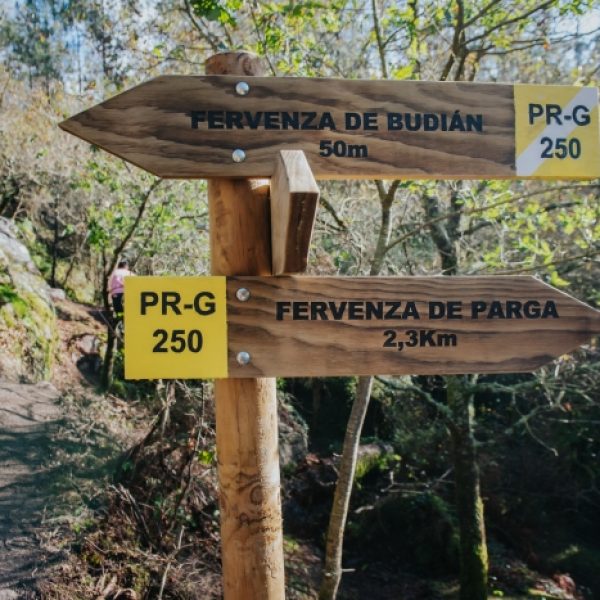The Tourist Quality System in Destinations, better known as SICTED, is a project of the Spanish State Secretariat for Tourism (SETUR), which has its own methodology that helps implement a quality management system in tourist destinations, taking into account the different local tourism stakeholders, both public and private.
Adhered destinations—and the companies and entities that meet the requirements—receive the “Tourism Quality Commitment” distinction, which certifies participants and recognizes their effort and commitment to quality and continuous improvement.
This methodology is based on a global vision of the destination, which is precisely one of CMAT’s objectives to improve Costa da Morte’s competitiveness as a tourist destination. The aim is for the visitor’s experience to be of high quality, taking into account the use, enjoyment, and/or consumption of infrastructures and tourism services during their trip.
Promoting SICTED is one of CMAT’s objectives, for which support and co-financing was arranged by the A Coruña Provincial Council through grants to the province’s tourism management bodies.
We are opening the application period in Cycle 1 for the incorporation of new companies into a project that allows them to improve their quality through training and the implementation of best practices advised by experts. The deadline for submitting applications is open until July 20, with the first training session scheduled for mid-September.
To register for SICTED you must submit your application via the following form:
https://www.calidadendestino.es/Contenidos/AdhesionSistema.aspx
The process also restarts for companies in Cycles 2 and 3 that have already been contacted to confirm their interest in continuing; they will soon receive more information on the next steps regarding training dates, technical assistance, and evaluation. If you belong to these cycles and have not yet confirmed, please contact admincmat@visitacostadamorte.com as soon as possible to organize your participation.
Participation in SICTED is completely free for companies. During the first cycle they must commit to attending several training sessions and receive two visits from advisors at their facilities to work on implementing best practices and identifying areas for improvement. At the end of the process they will receive an evaluation to verify that the requirements have been met and that there is an improvement plan in place.
The project is scheduled to be developed starting from the months of September–November 2025, carrying out various tasks in a staggered manner adapted to participants’ availability.

